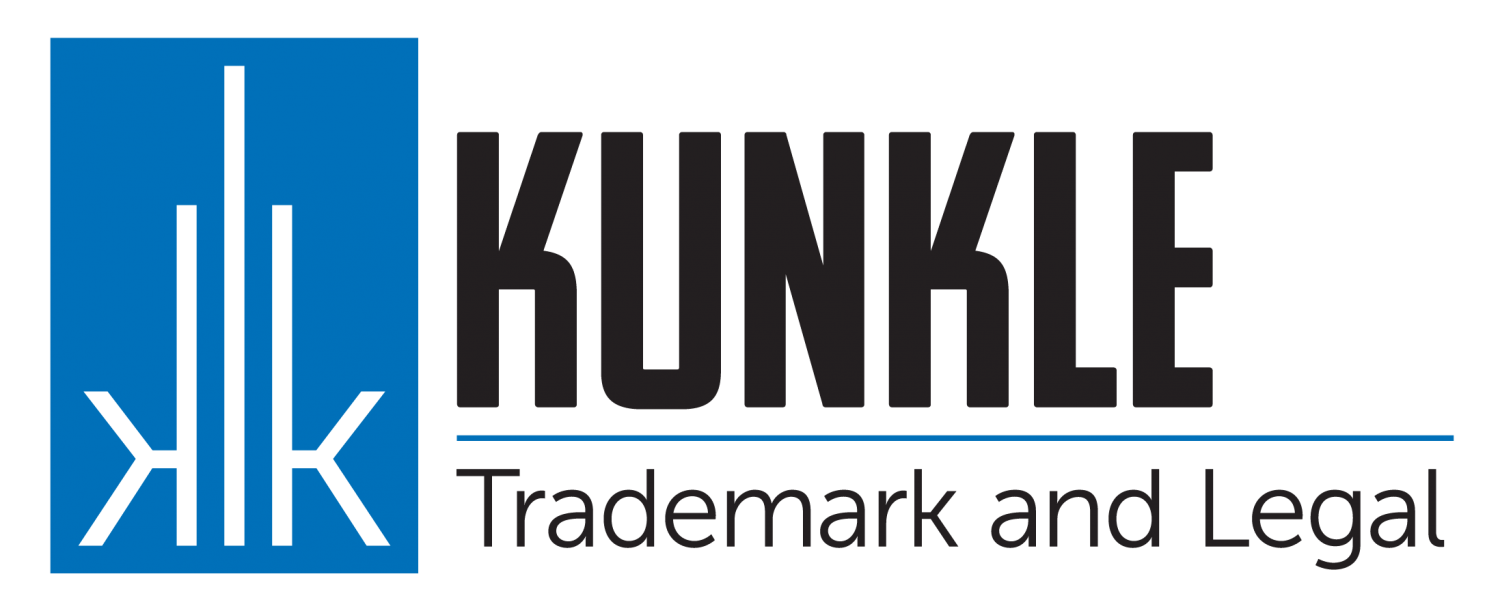Attorneys as Artist’s Freind
The lawyer is often the butt of the joke or the object of the creative’s ire. The reason cited is often that the attorney was a roadblock of that great idea. As an attorney I can tell you that I understand why so many attorneys are viewed this way – I know that I sometimes feel like I am always delivering bad news – “no you can’t do that,” “if you do that there’s a risk you will get sued,” “There’s no guarantee that you will be paid,” and on and on with warnings and ambiguous gray areas that seem so expansive that you wonder what value talking to the attorney actually brings you. We don’t try to be spoilers, but on the other hand sometimes our role is be the reality check. It easy to be blinded by a great idea and when you have a hundred great ideas and projects flowing from your imagination – some of which...

